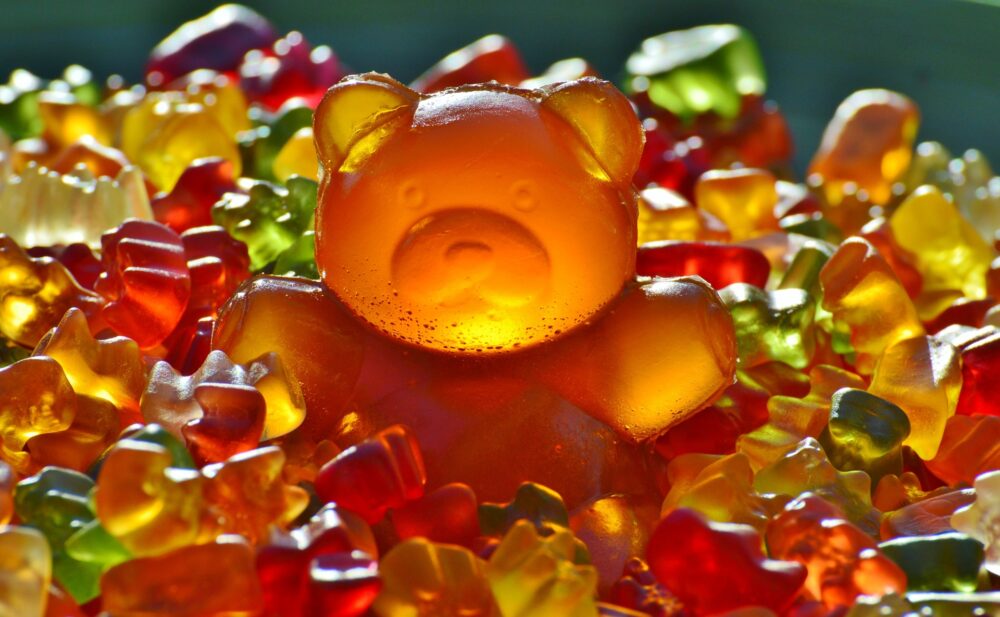

Are the rules changing on brand extensions as consumers get used to seeing brands like Amazon enter a broad range of new sectors?
Would consumers be comfortable buying a product from two very different brands, each of which could claim to have permission to enter the category?
It’s a typical set of requests from clients: we’d like to know if we can move into this category; how can we develop our brand to extend beyond its traditional base; or what if brand X moved into our category?
There are lots of successful examples out there: supermarkets offering financial or mobile services, insurance companies offering loans, and airlines offering hotel rooms.
However, with brands like Amazon clearly aiming to compete across a very broad range of sectors—and appearing to do it with some success — are they changing the way brands now feel they can operate as consumers get used to seeing companies offer services or products in new areas? Or are they still likely to be the exception to the rule?
We thought we’d see if consumers would be comfortable buying a product from two very different brands, each of which could claim to have permission to enter the category. We wondered if either of them have any credibility —and would consumers be prepared to pay a premium for either of them?
At Savanta, we work a lot in the home and family space so we thought we would look at something our audience might buy: children’s cycle helmets. On one hand it’s a product for children, but on the other, a product that is associated with safety and robustness.
We asked over 600 parents if they would be more likely to buy a cycle helmet from Haribo or Volvo. Volvo was the clear winner with almost half (47%) opting for the Swedish automotive brand vs. 24% who went for Haribo.
It seems that parents couldn’t quite bring themselves to opt into the wonderful, and much loved, world of Haribo for protecting their children. Sweets to cycle helmets is a step too far. However, many were happy to go for a brand which isn’t established in the category, and for whom this would be a completely new product type.
Perhaps it’s no surprise that a brand known for reliable products is preferred over a brand that is well-loved by parents and children alike but, put simply, makes a low risk and low investment product.
It also turns out that around two thirds (67%) said they would pay a premium for a Volvo cycle helmet, so the brand comes to the category with a certain amount of credibility and trust. All of which is good news for Volvo should they ever decide they want to branch out into something new.
However, while consumers may have given Volvo permission to move into a different area, the brand might want to be a little more careful with any marketing activity than they were for a previous extension which resulted in their advert being banned.
The kid’s cycling helmet question is a slightly quirky and one-off example. However it demonstrates that brand extensions are still likely to be about knowing what a brand’s core strengths and values are, and understanding if they can be transferred somewhere new.
I think it’s fair to say Amazon is likely to remain the exception to the rule for now, and (sadly for some) we may not be seeing a cycle helmet from Haribo any time soon!
At Savanta, we provide insights for growing brands across the retail sector. Get in touch to find out more.



